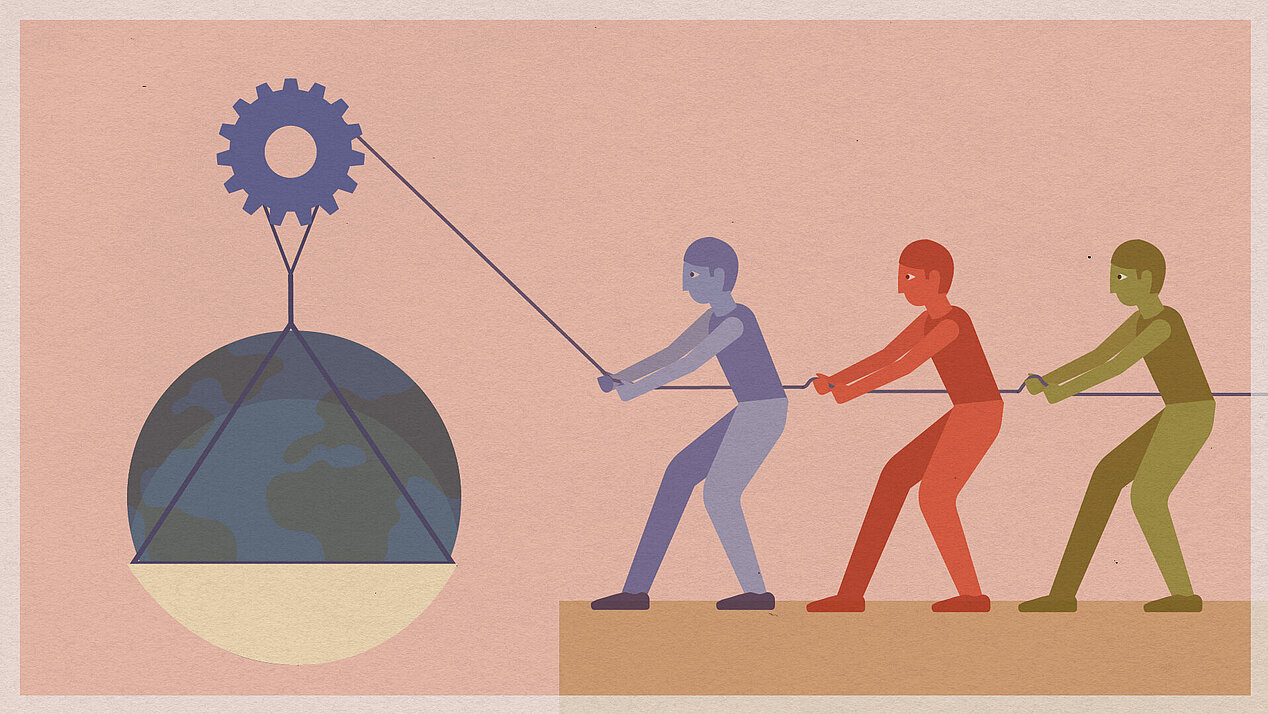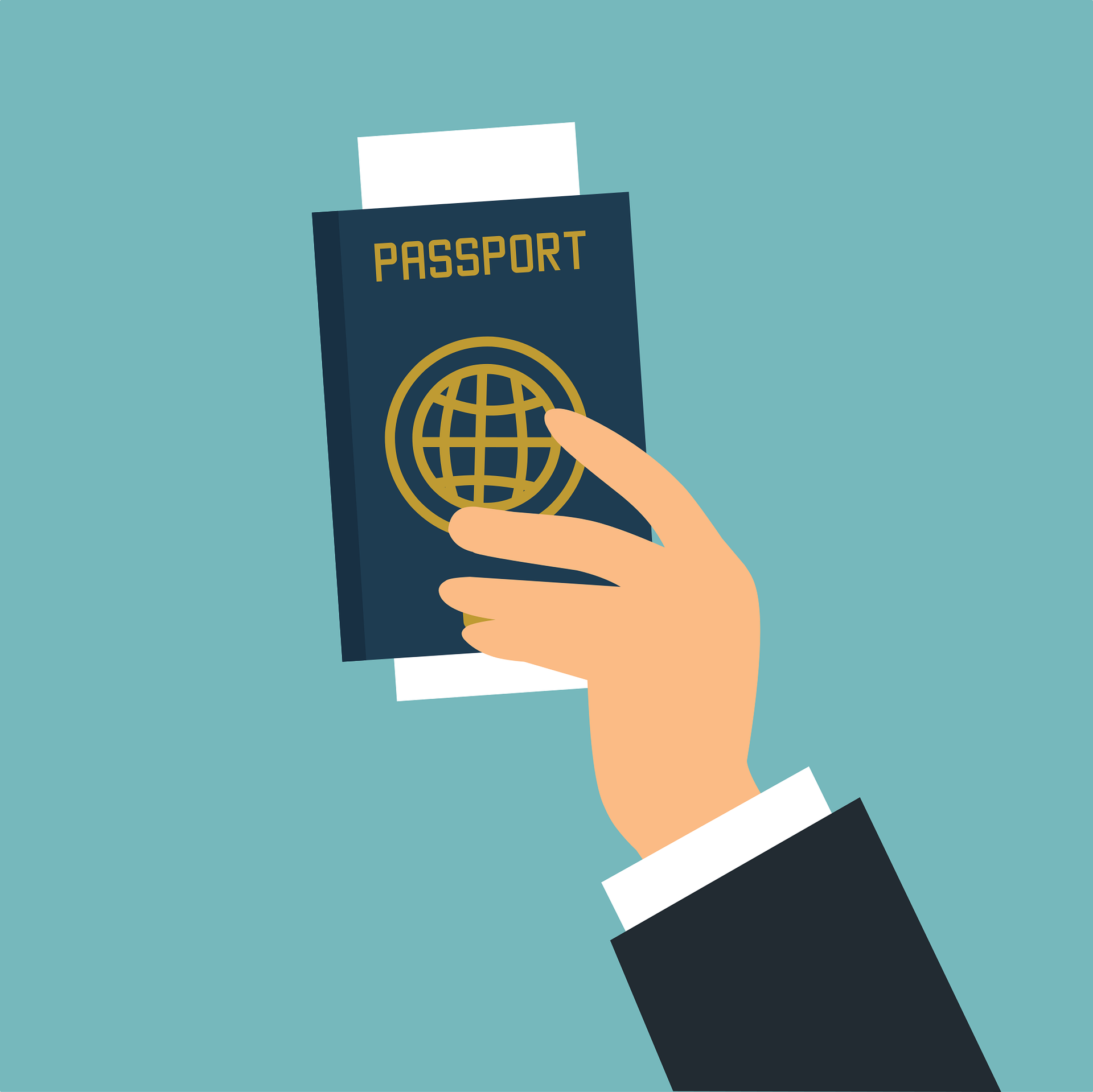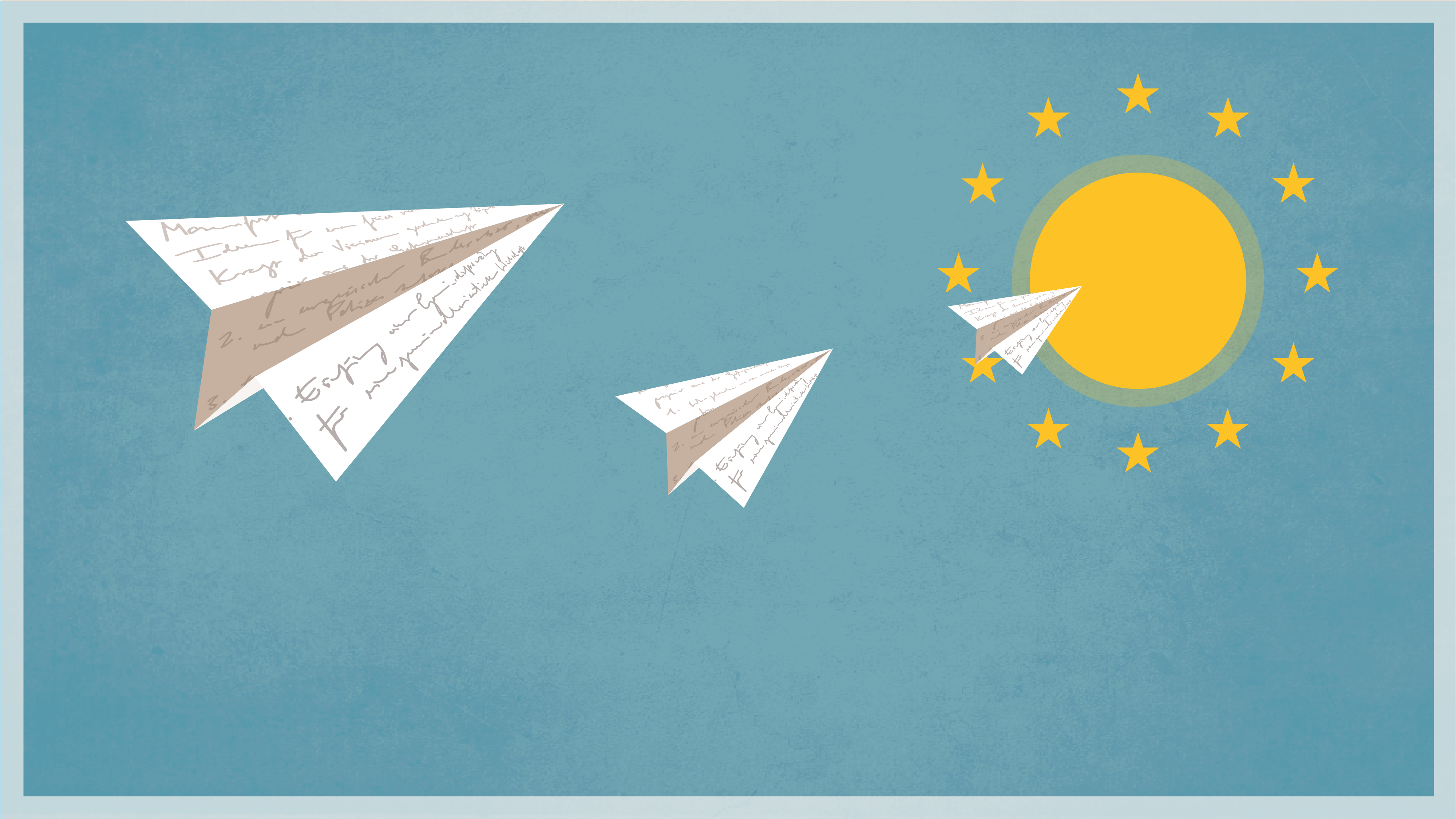Objections were of a practical nature – producing vaccines is extremely complex, even without patent protection, and there is a lack of production capacity. So should intellectual property be expropriated? Voluntary action is preferable, but compulsory licences are certainly provided for in WTO law. On the other hand, is it legitimate to privatise vaccines in such an emergency when most of them have been developed using public research funding, so taxpayers’ money?
France’s President Macron has also called for vaccines to be made a global public good. The Agreement on Trade-Related Aspects of Intellectual Property Rights (TRIPS) hampers rapid access to affordable vaccines and medicines. The companies concerned have also suggested alternatives, such as lifting export bans on the raw materials for vaccines or selling vaccines at cost.
In the end, concerns that releasing the vaccines will halt investment in research does not hold water. The same goes for the argument that it could wait until the countries of the Global South are in a position to produce vaccines themselves. Patent protection has prevented them from building up any such production capacity. The production of essential goods would have to be converted using open source and open access procedures. Everyone should have access to the vaccine at a fair price. This is only possible with a true gift economy, and it protects the richer strata of world society as well as the poor. Abolishing patent protection is certainly only one aspect. The larger project is eliminating the unfair international division of labour and initiating knowledge transfer in every respect.
We have outlined three areas of conflict that not only call for global cooperation but also a modern exchange of gifts between rich and poor nations:
- debt relief
- opening up migration channels
- and healthcare for all
The proposals emphasise the equality of countries, and particularly of their peoples, over arguments about immediate utility and competition for scarce resources. The approach is normative, and those who advocate it need to be aware that the world, that international relations, unfortunately is not like that. The capitalist, global society is full if injustice that is difficult to counter, even by codifying global rights for all.
The renationalisation of special interest politics has increased the disparity and exacerbated points of friction. And, as the ‘realists’ of international relations point out, it is true that the sphere of liberal constitutions has also reflected and reinforced power hierarchies. In truth, the post-war multilateral order was never an assembly of equals but reflected the material disparities, colonial and postcolonial power structures, and the dominance of a Western liberal understanding of the modern world.
And yes, NATO has also never been the guardian of a common good of regional security. The EU has rarely been a place of appeal for the oppressed and offended, and the WTO is no guarantor of fair trade. But they did have norms, grievances and procedures in place to critique and mitigate inequalities and injustices, and international tribunals and arbitration bodies in particular adorn their preambles with enlightened cosmopolitan ideals.








